|
Despite all kinds of useful research and technological advances, it seems like being a modern mother has never been more emotionally taxing. A never-ending stream of hysterical Mommy Blogs politicize every single decision a parent makes regarding her children. Hacky news reports raise the daily parenting stakes, elevating each purchase or choice or interaction as one that could doom a kid to mediocrity or worse. Toxins are everywhere and must be kept away from the sterile little angels fighting the urge to find out what dirt tastes like. Celebrity moms take great pains to make everything look easy, and if it's not, then buy this sponsored product that will make your life happier and healthier. All this nefarious marketing conspires to make women feel bad and doubt themselves while fathers seem to get copious praise for doing anything at all. This poison makes the culture ripe for a film like Bad Moms, and the cathartic premise itself likely contributed to its box office success. Moms behaving in their own self-interest to often funny results is a recipe for a timely statement on parenting, but writer/directors Jon Lucas and Scott Moore complicate the germ of the idea with inconsistent characterization and ridiculous plotting. There's enough here to recommend, but the total package is too sloppy to admire.
0 Comments
The easy line, and one I erased on a first draft, on Equity is that Anna Gunn, having played a critically beloved but widely and unjustly despised character on Breaking Bad, gets to take her own shot at anti-heroism. In actuality, there's no comparison between Gunn's terse, by-the-books investment banker character and the man she was married to on TV. One yells at an assistant in an imploding situation while the other contracts with neo-Nazi's to stage the simultaneous murders of a dozen men. Equity, an underseen financial drama by Meera Menon, brings those differences in perception to the surface. The female equivalent to violence and megalomania in male characters surely isn't a curt demeanor or a wariness about who could potentially supplant you in your competitive field. Why did I go straight to thinking of Naomi as an anti-hero instead of a protagonist?
The title of Sam Blair and Joe Martin's documentary Keep Quiet comes from an interview they conduct with a survivor of the Auschwitz death machine. She returned to her Hungarian home after the war, and found that the titular maxim was the best thing for her and her remaining family in a country that Adolph Eichmann said, at his trial, contained the most exuberant collaborators in rounding up Jews. She so closely stuck to her rules that her grandson, Csanad Szegedi, would help found a successful anti-Semitic fascist party in Hungary. Szegedi would live well into adulthood before he would take notice of the serial number tattoo on his grandmother's forearm. Keep Quiet is a bracing film with a foot in the present and a foot in the past, a reminder that the latter always informs the former. It's also a fascinatingly relevant picture of right-wing extremism, of the coded language and skillful, noxious messaging that continues to tap into the body politic's worst impulses.
The iconic xenomorph from the Alien franchise returns in Ridley Scott's Alien: Covenant, the eighth film featuring the xenomorph and the third with Scott at the helm. Covenant finds the franchise in an odd place. Prometheus, while a joy to look at, was a grandiose jumble of plot holes and mischaracterization, a descent for a franchise that experienced its greatest success in competent people experiencing primal, visceral horror. Covenant continues in both trends, finding biblical parables where none are necessary and grafting didactic motivations onto characters in pursuit of a muddled theme. It's a modest step up from Prometheus, but with so much proven potential for greatness around Alien, anything less than a hit is a disappointment.
In The Lost City of Z, well-regarded American director James Gray takes a page from legendary German director Werner Herzog. There's a fair amount of Fitzcarraldo in Gray's jungle-trekking protagonist Percy Fawcett (Charlie Hunnam), though Gray takes a far kinder view than Herzog towards the purpose of the onscreen mission. Where Herzog's favored lead, Klaus Kinski, was impossible to believe as a pure-hearted character and therefore was never cast as one, Gray's choice of Hunnam gives him a straightforward hero trekking towards his own glory and plugging away at the small-minded beliefs of his fellows. The Lost City of Z loses something in that uncomplicating, but still leaves the viewer with plenty to chew on. In this decades-spanning adventure, Gray weaves a dense tale of obsession, regret, and pride under the umbrella of imperialism.
Jordan Peele made his name as part of a comedy team known for sending up the interactions between black and white people, for finding the absurdities and inanities in what the latter expects from the former. Code-switching seemed to factor into every episode of Key and Peele, something the biracial Peele surely had to contend with as a child and as an adult. Peele brings that sensibility to Get Out, a Polanski-esque instant horror classic. The best horror films often contend with social commentary, and Get Out is no exception, taking the implicit envy white people have for black culture to an extreme conclusion. That the breakout critical and commercial hit of 2017 is also scathing and intelligent makes for a hopeful statement on the potentially increasing sophistication of the movie-going public.
|
Side PiecesRandom projects from the MMC Universe. Categories
All
Archives
April 2023
|
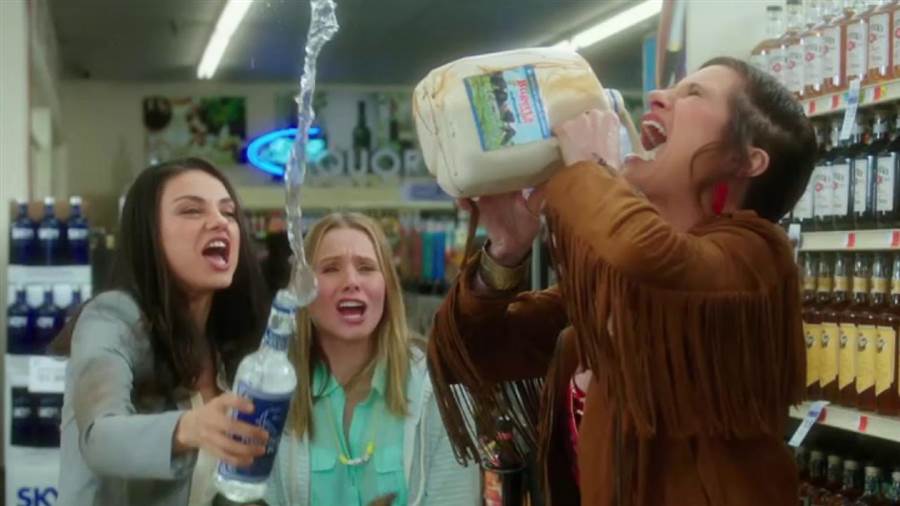
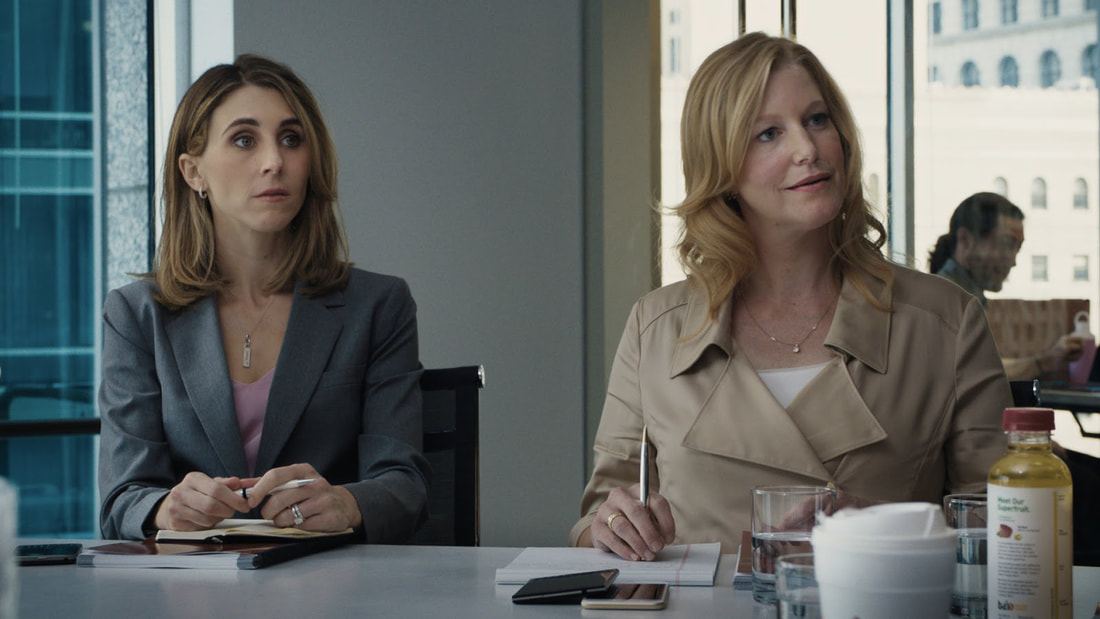

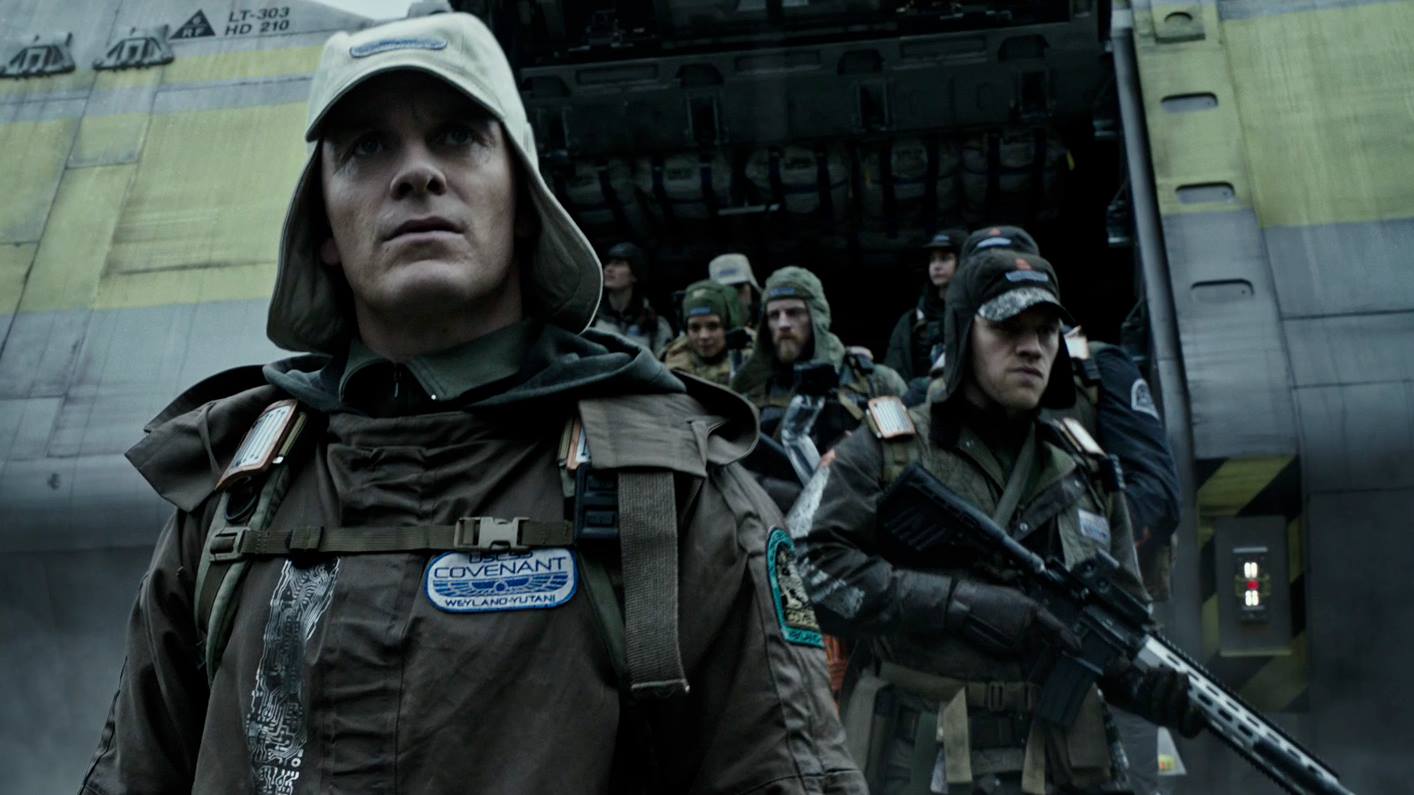
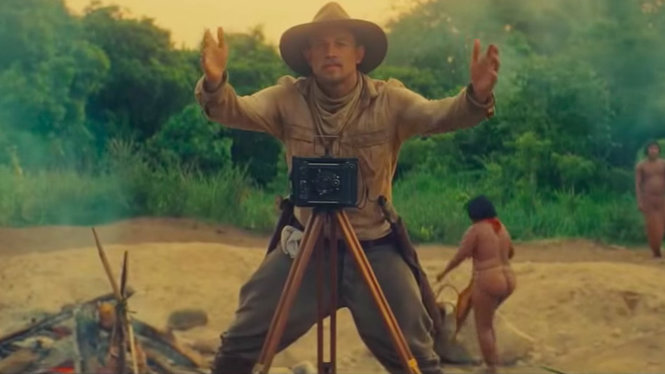
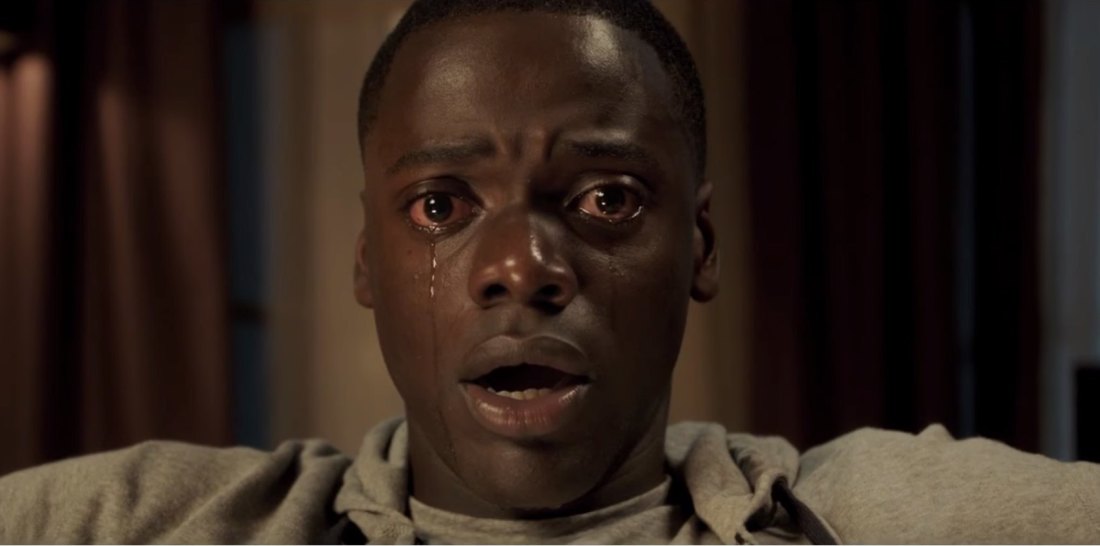
 RSS Feed
RSS Feed